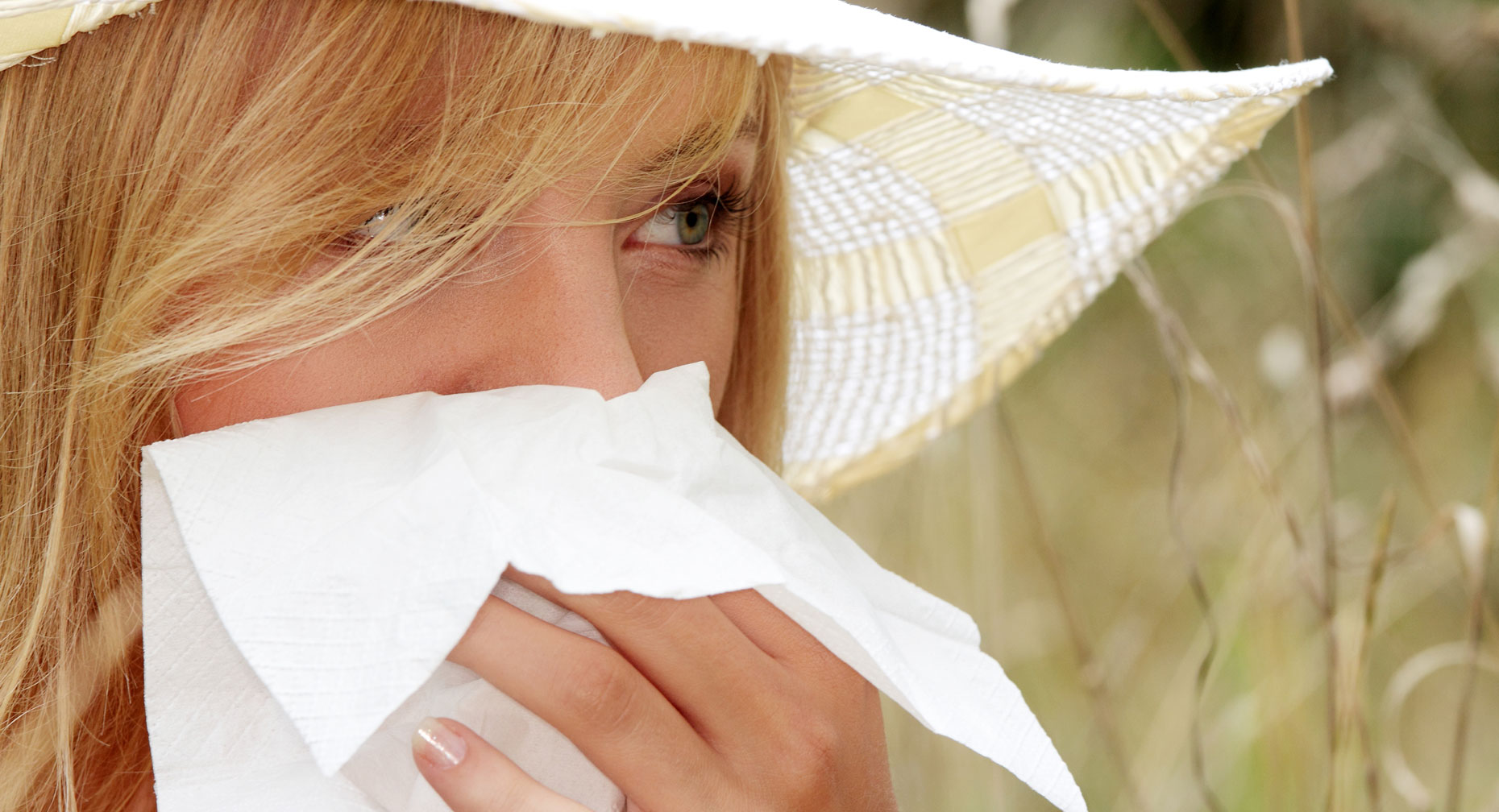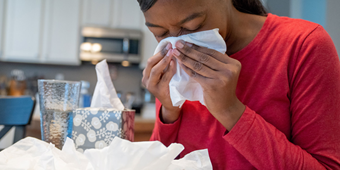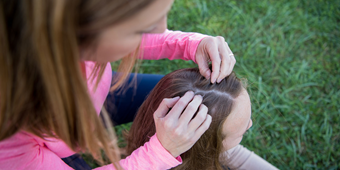You’re Overreacting! Allergies, Your Immune System and Heredity

Find Your Perfect Match
Answer a few questions and we'll provide you with a list of primary care providers that best fit your needs.
The genes you’re born with determine a lot about you, including what you may or may not be allergic to.
For some of us, pollen sets off allergic reactions, such as a runny nose or nasal congestion, sneezing and watery eyes. Maybe even a skin rash. For others the trigger may be cat dander,poison ivy or certain foods. Some allergies result in more severe reactions such as difficulty swallowing or breathing, nausea or vomiting, swelling, even unconsciousness.
Whatever the case, allergic reactions result from our immune system identifying certain substances — based on our genetic makeup — as invaders (or allergens) and reacting to them. When you’re allergic to pollen, for instance, your immune system sees pollen as a threat and sets up defenses, producing antibodies called Immunoglobulin E (IgE). These antibodies cause the changes in your body that we call allergic reactions.
A family history of allergies is the most significant factor that increases your risk of allergies.
A Matter of Genetics
There’s an IgE antibody for every type of allergen. And each antibody triggers a specific allergic reaction, causing symptoms in the nose, throat, sinuses, ears, lungs, stomach lining or on the skin.
A family history of allergies is the most significant factor that increases your risk of allergies. Aside from that, our understanding of why some substances trigger allergies and others don’t is rather limited. You may be allergic to a single type of allergen or multiple allergens.
If you’re allergic to something, you are not alone. About 50 million Americans suffer with you, according to the American Academy of Allergy, Asthma and Immunology.
Find Your Perfect Match
Answer a few questions and we'll provide you with a list of primary care providers that best fit your needs.
Source: American Academy of Allergy, Asthma and Immunology Healthline




